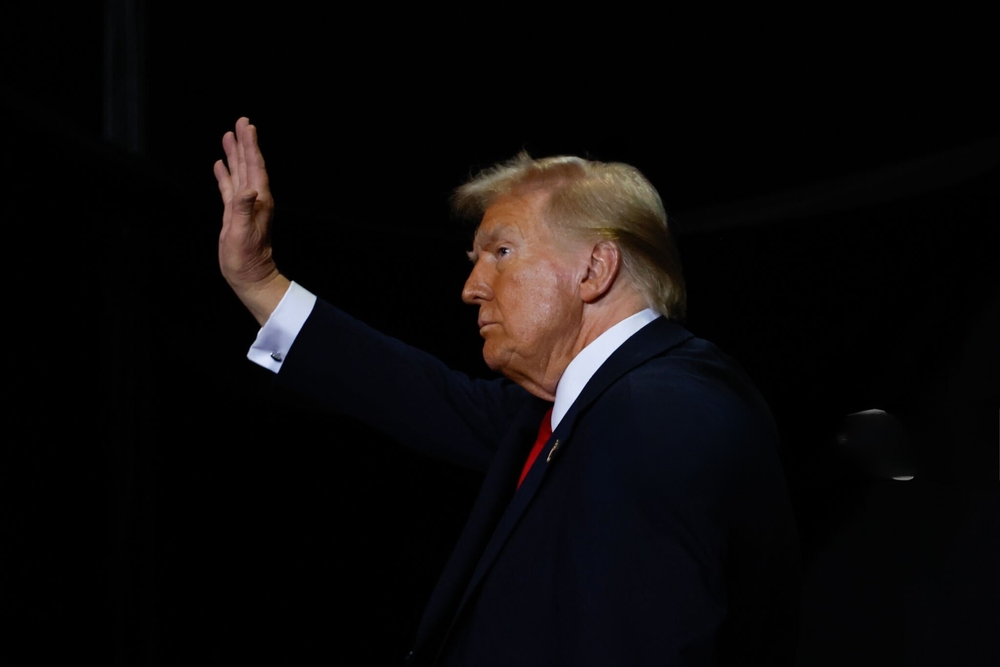Donald Trump claims Chinese troops occupy Bagram Air Base, drawing a forceful denial from the Taliban. This denial highlights the ongoing complexity in Afghanistan’s geopolitical stage as new alliances shape the region’s future.
Taliban Rejects Trump’s Assertions
The Taliban’s spokesman accused Donald Trump of spreading misinformation. Allegations of Chinese presence at Afghanistan’s Bagram Air Base were refuted. The Taliban insisted no foreign military individuals are stationed at the base, emphasizing their complete control of the facility.
Donald Trump vows to reclaim Bagram airbase, while the Taliban denies Chinese presence at the site@ShivanChanana brings you this report pic.twitter.com/x2ZTzGqkit
— WION (@WIONews) March 3, 2025
The Taliban controls equipment and facilities previously left by the U.S. following its withdrawal in 2021. Trump criticized the decision to abandon Bagram, citing strategic importance. He claimed its proximity to Chinese nuclear sites heightens its geopolitical value.
Taliban Rejects Trump’s Claims on Chinese Presence at Bagram!
The Taliban has dismissed Trump’s claim that China controls Bagram Airfield, calling it “emotional” and based on “a lack of information.”
Zabihullah Mujahid, the Taliban’s chief spokesman, refuted the US President’s… pic.twitter.com/OO0HDZZm8t
— The Asian Chronicle (@AsianChronicle) March 3, 2025
Trump Criticizes U.S. Withdrawal Strategy
Donald Trump stated, “We were going to keep Bagram, not because of Afghanistan but because of China.” He emphasized strategic interests near Chinese missile sites, criticizing Joe Biden for relinquishing the base. Trump’s rhetoric suggests that there is an unease about China’s potential influence in the region.
“There is not a single armed Chinese individual here,” Mujahid stated, challenging Trump’s claims. He advised accuracy from U.S. leaders, indicating a desire for narratives grounded in verifiable facts.
Mujahid offered that, should the U.S. seek to reclaim military assets, discussions about war reparations might arise. This stance reinforces the growing complexities in Afghanistan’s international relations.
Chinese Interests and Alleged Visits
Reports surfaced regarding China’s interest in Bagram, with speculation on reconnaissance visits. Trump’s remarks highlight concern over China-Taliban collaborations, as the latter is known to welcome Chinese investments for rebuilding efforts post-conflict.
Despite Taliban denials, the evolving geopolitical dynamics warrant scrutiny. Regional stability relies heavily on external perceptions of power balance and influence, where misinformation could exacerbate tensions.
The Taliban regained control of Afghanistan following the U.S. exit, according to a deal initiated by Trump. As the situation unfolds, strategic reassessments by global powers will shape Afghanistan’s future international alliances and stability.

